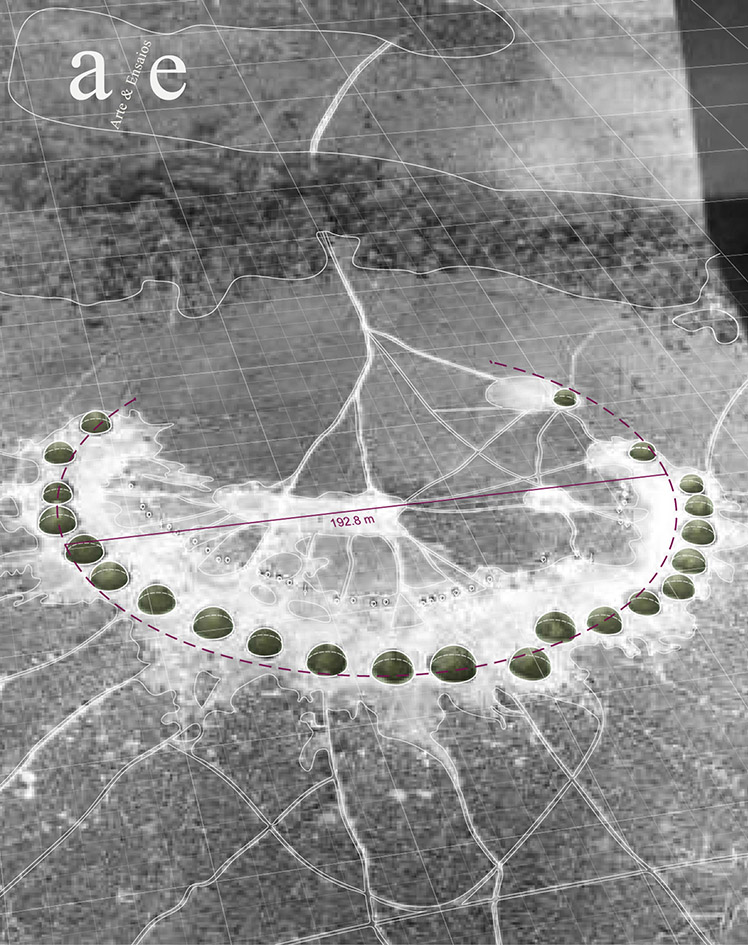Black Modernity: trails to think through Brazilian modernism
DOI:
https://doi.org/10.60001/ae.n45.12Keywords:
Black modernity, Race, Modern Art WeekAbstract
In 2022, the centenary of the São Paulo Week of Modern Art, many events, conferences and texts from top international and Brazilian art researchers, sometimes “celebrate”, and at other times “argue”, “contextualize”, “criticize”, “question” or “reaffirm” the importance of the Week of 1922 for Brazilian culture. The contribution of this essay-text is to suggest some ideas and facts that can help us understand how issues of race and identity cut across the modernist movement and modernity. If, in its origin, modernity was a Western notion created to think about the West, sociologist Antonio Sergio Guimarães calls ‘Black modernity’ the process of cultural and symbolic inclusion of Black people in this society. To understand this phenomenon, we mobilise the idea of diaspora as a network of imagined or real relations between peoples or communities spread across the Black Atlantic, according to Paul Gilroy, and the category of whiteness in an attempt to think together about how the valorisation of what is white and European is the foundation not only of a country’s project, but also of the way in which we will activate the ideas, productions, and events organised by non-whites.Downloads
Published
2023-09-03
Issue
Section
Artigos
License
Autores que publicam nesta revista concordam com os seguintes termos:- Autores mantém os direitos autorais e concedem à revista o direito de primeira publicação, com o trabalho simultaneamente licenciado sob a Licença Creative Commons Attribution que permite o compartilhamento do trabalho com reconhecimento da autoria e publicação inicial nesta revista.
- Autores têm autorização para assumir contratos adicionais separadamente, para distribuição não-exclusiva da versão do trabalho publicada nesta revista (ex.: publicar em repositório institucional ou como capítulo de livro), com reconhecimento de autoria e publicação inicial nesta revista.
- Autores têm permissão e são estimulados a publicar e distribuir seu trabalho online (ex.: em repositórios institucionais ou na sua página pessoal) a qualquer ponto antes ou durante o processo editorial, já que isso pode gerar alterações produtivas, bem como aumentar o impacto e a citação do trabalho publicado (Veja O Efeito do Acesso Livre).


